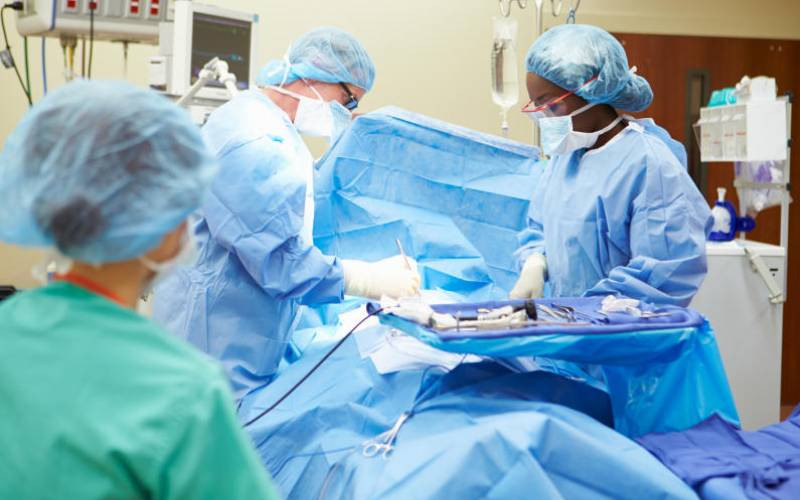
Eons ago, when human surgery and anaesthesia were at their infancy, people endured surgical procedures whilst completely awake.
There were varying attempts at keeping patients pain-free, ranging from doing nothing at all to being knocked out using some crude methods. Dreadful pain with most procedures was the norm. But that is all history now. All surgical procedures are now pain-free, with varying levels of wakefulness.
There are many ways of keeping you pain-free whilst a medical operation is being done. General anaesthesia is the commonly known method, where patients are medically induced to deep sleep.
Their vital body functions are usually monitored and controlled by a machine. There is virtually no pain at all, and patients are usually unaware about any of the surgical events that took place whilst they were asleep.
Then there are all manner of anaesthesia protocols that keep patients awake. Regional anaesthesia numbs part of the body. There is also local anaesthesia that numbs a small isolated area, like one finger. You could also be put to light sleep, called sedation, being kept partially awake but pain-free.
Regional anaesthesia is well-known to women. That’s how a majority of Caesarean deliveries get done. Orthopaedic surgery is also mostly done using this method. You will be fully awake and coherent, though you may be mildly sedated to relieve anxiety.
The safety of having surgery whilst awake is well established. As you maintain your own breathing, some risks associated with general anaesthesia are negated.
You can resume physical activities sooner. Many patients can be discharged home sooner as well.
- Returning to work after maternity leave
- Teach your children good values at an early age
- Keeping your children busy over the holidays
- Safely include your children in the kitchen with these tips
Keep Reading
Advantages of being awake during surgery also spill over into the recovery period. Regional anaesthesia may be extended into the post-operative period, maintaining optimal pain control for days.
You can also mostly eat and drink as soon as your procedure is completed.
Like all medical procedures, there are some risks associated with regional anaesthesia. Most of the risks are rare and minor, and usually unlikely to occur. You might experience some discomfort at the site of the anaesthetic injection for a few days.
You remain at liberty to select the kind of anaesthesia you would prefer. In most cases, your medical team will propose what is safest. Being awake should always be preferable.
Dr Alfred Murage is a Consultant Gynecologist and Fertility Specialist.
 The Standard Group Plc is a multi-media organization with investments in media platforms spanning newspaper print
operations, television, radio broadcasting, digital and online services. The Standard Group is recognized as a
leading multi-media house in Kenya with a key influence in matters of national and international interest.
The Standard Group Plc is a multi-media organization with investments in media platforms spanning newspaper print
operations, television, radio broadcasting, digital and online services. The Standard Group is recognized as a
leading multi-media house in Kenya with a key influence in matters of national and international interest.










